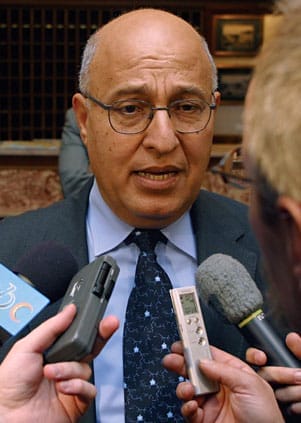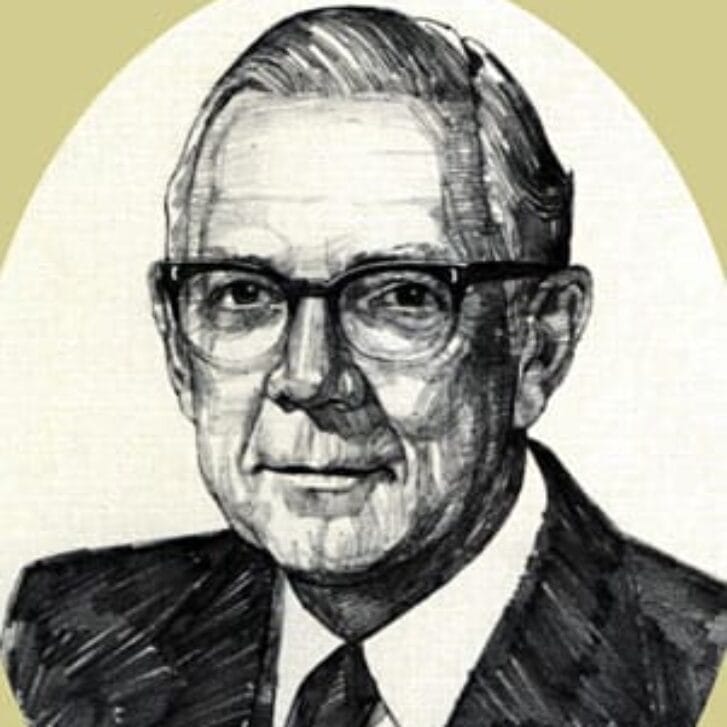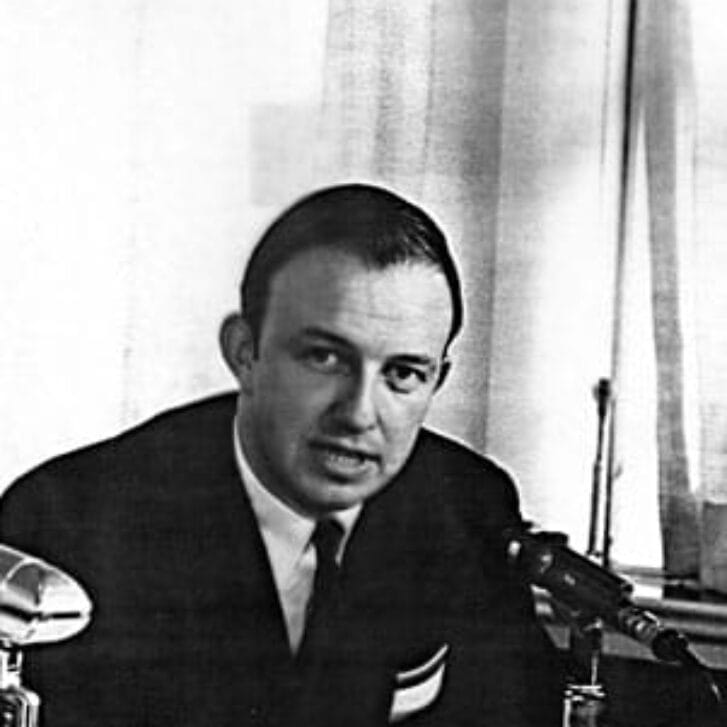 Nabeel Shaath has devoted decades his life working toward peace between the Israelis and Palestinians.
Nabeel Shaath has devoted decades his life working toward peace between the Israelis and Palestinians.
“If I am here today, it is because I still have a dream,” Shaath, the former deputy prime minister and minister of information for the Palestinian National Authority, told an audience at the 2006 Wharton Global Alumni Forum in Istanbul. “I still think that rebuilding bridges is possible. Two-thirds of the Israeli and Palestinian public think there is no alternative but peace. This is my source of hope. The people are sick and tired of violent conflict. They want to build bridges.” And despite ongoing setbacks, Shaath’s passion and commitment to finding a peaceful resolution is resolute. When the Palestinian Authority was established in 1994, Shaath was its first minister of planning and international cooperation.
His worked to boost the area’s economy by signing a free trade agreement with its neighbors and with the U.S. and Canada, and establishing an association agreement with the EU. “I was proud of the fact that we had become independent after the end of the Soviet era, and that we started with no debts to anybody. We depended totally on our private sector, and initially we did well, with 6 percent to 8 percent growth in GDP,” he said. Shaath headed the PLO’s first delegation to the United Nations in 1974. In 1991, Shaath was a member of the Madrid Peace Delegation and later was involved in negotiations with Israel that led to the signing of the Oslo Agreements. From 1993 to 1995, he served as the head of the Palestinian negotiation team, and participated in later negotiations with Israel. He has also represented Occupied Palestine at the World Economic Forum.
Prior to his political career, Shaath founded Team International, a professional management and consulting company, and the Arab Center for Administrative Development in Beirut and Cairo, which did training and consulting. As a public planning and transportation consultant, Shaath worked extensively throughout the Arab world, establishing both the Engineering and Management Institute and the Center for Administrative Development, which offers management training in 14 offices throughout the Arab world.

























